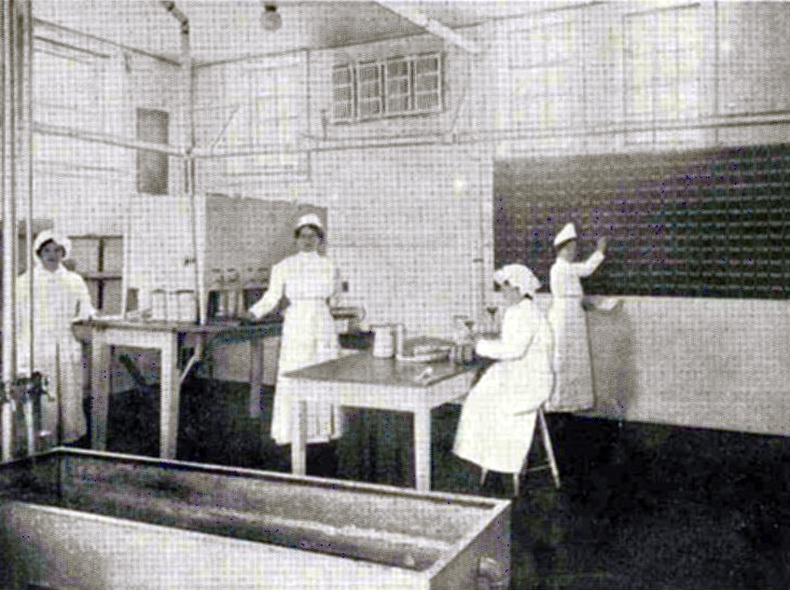
Women have played important roles in Winnipeg since it became a city 150 years ago, but haven’t always been acknowledged for them.
Sometimes they were completely left out of civic affairs or treated unfairly in the workplace.
“Women faced a number of challenges since Winnipeg was incorporated in 1873. In spite of everything, they contributed a great deal to the city as community builders and leaders,” said Sarah Ramsden, Senior Archivist with the City of Winnipeg.
This International Women’s Day, here’s a look at the history of how women came to have the right to vote, run for office, and work for the City.
The Right to Vote
In 1884, 10 years after Winnipeg became a city, City Council considered a letter suggesting women be granted voting privileges if they met all other qualifications.
That letter came as a national debate around women’s suffrage was underway.
The issue was dropped by the government at the time, but three years later, women who were property owners in Winnipeg received the civic franchise.
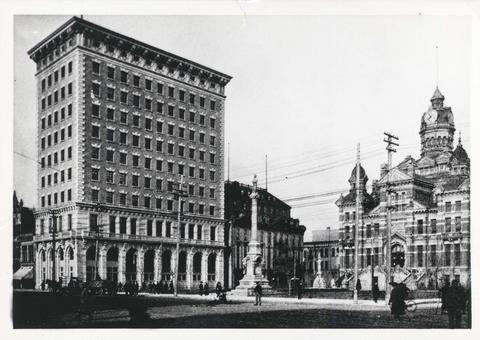
Four hundred and seventy-six women were eligible to vote in the civic election of 1888, and eighty women voted.
This right was limited briefly in 1906 when an amendment to the Municipal Act changed the wording for qualifications of electors from “male or female” to “men, unmarried women or widows”.
The 1906 amendment was repealed in 1907, and all qualified women were again able to vote in municipal elections.
These gains, though significant, fell short as property qualifications continued to exclude many people from voting in civic elections. In Winnipeg, the civic franchise was extended to all adult citizens, both men and women, in 1942.
Women in public office
While women first voted in Winnipeg civic elections in1888, they were not able to hold office until 1916.
The first woman to run for Council was Alice A. Holling. She ran in 1917 in Ward 7, but lost 693 votes to 358 votes.
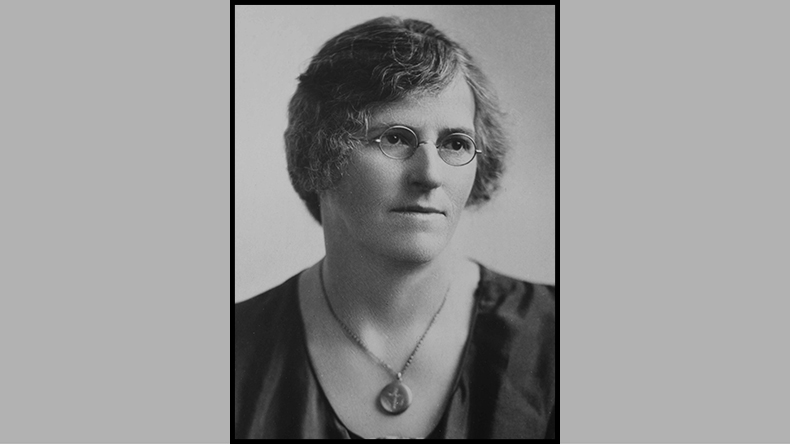
The first woman elected to Council was Jessie Kirk. She ran in Ward 2 in December of 1920 and served a two-year term on Council. She ran again in 1922, 1923, 1926 and 1934, but was defeated each time.
Women on Council held many prominent positions over the years, acting as chairpersons, delegates, and speakers.
Many years later, Susan A. Thompson was elected as the first woman mayor of Winnipeg in 1992, marking a significant milestone for women in the city. She was re-elected in 1995, and chose not to run in 1998.
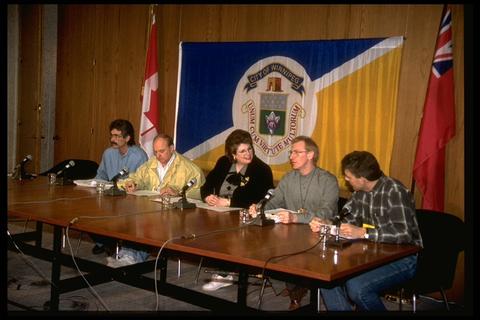
Women in the workforce
Currently, women work in every department at the City. When Winnipeg was established, though, the civic workforce was drastically different.
“Looking at the records over the years, we have noticed a shift in attitudes toward married women working outside the home,” said Ramsden.
Between 1919 and 1953, Council directed the Public Service on multiple occasions to identify the positions held by married women who were not entirely dependent on their own earnings.
In fact, in 1924, Council adopted a policy of barring married women from employment unless they were dependent on their positions for a living. Employed single women were also expected to give up their positions once they married.
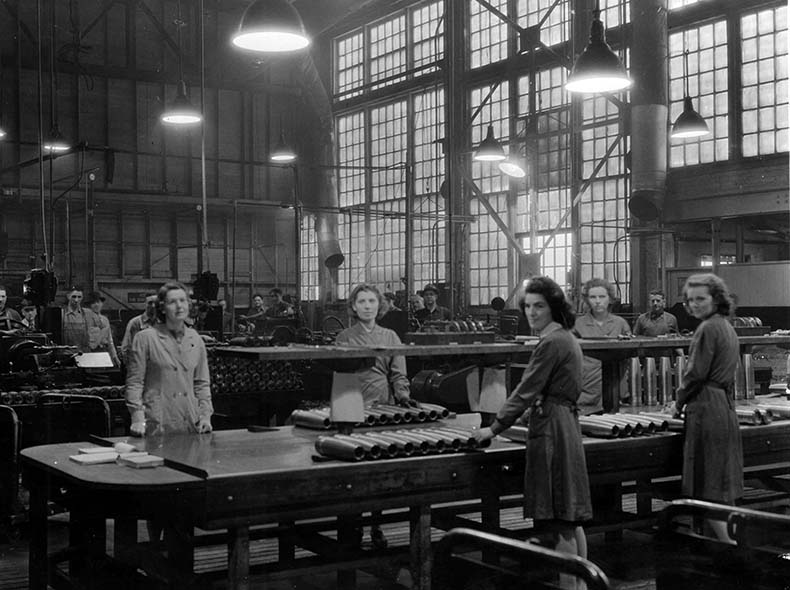
Despite the policy, the number of women working continued to increase, especially after the Second World War. In 1953, Council formally changed its policy thereby ending restrictions on the employment of married women.
“Women faced problems, even when they weren’t being barred from working for the City,” Ramsden said.
Years later, in 1975, efforts were made to improve the status of women working at the City.
A committee was created to study the status of women employed by the City, look into career opportunities for women within the City, identify inequalities, and to create a report detailing recommendations and guidelines.
The committee delivered its final report in 1977. It found women were discriminated against in the hiring process, had difficulty being promoted, and received less training than their male coworkers.
The committee made a number of recommendations, including that the City offer better training opportunities for women to advance in the workplace, and that there continue to be a standing committee focused on advancing women’s rights.
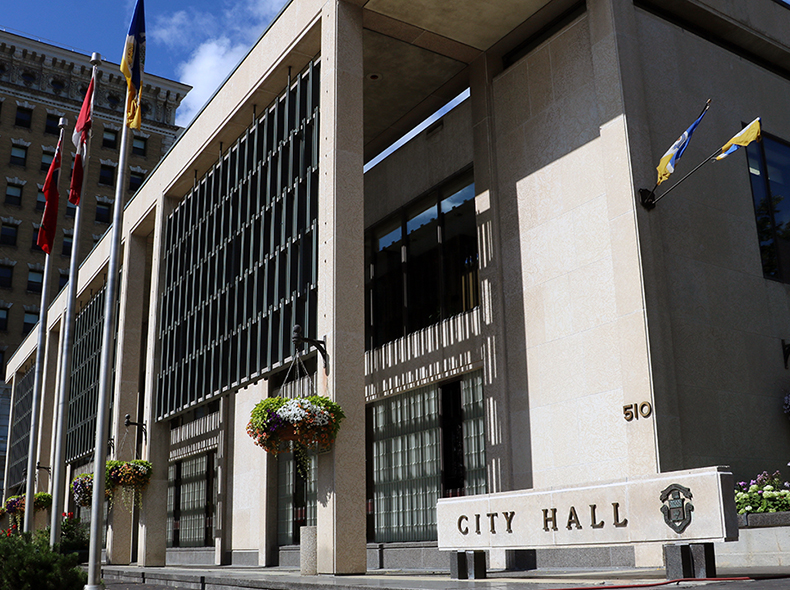
Equity and diversity in the workplace today
More recently, the City has undertaken initiatives to improve the experiences of women in the workplace.
More than a decade ago, we launched our Equity and Diversity Initiative to help build and maintain a more diverse and equitable workforce.
The City established an Equity Office in 2021 to look at equity, diversity, and inclusion for employees. Using an intersectional lens, that honours the lived experience of our employees, the Equity Office is working hard to ensure employees reflect the face of the communities we serve.
The Equity Office uses a self-declaration questionnaire to help understand the unique experiences diverse women have in the workplace. Our Diversity Dashboard provides data to help track and report on diversity representation at the City.
While many restrictions and barriers faced by women have been addressed over the years, the road to equality is ongoing. As we move forward, we can look to past moments for context as well as inspiration.
